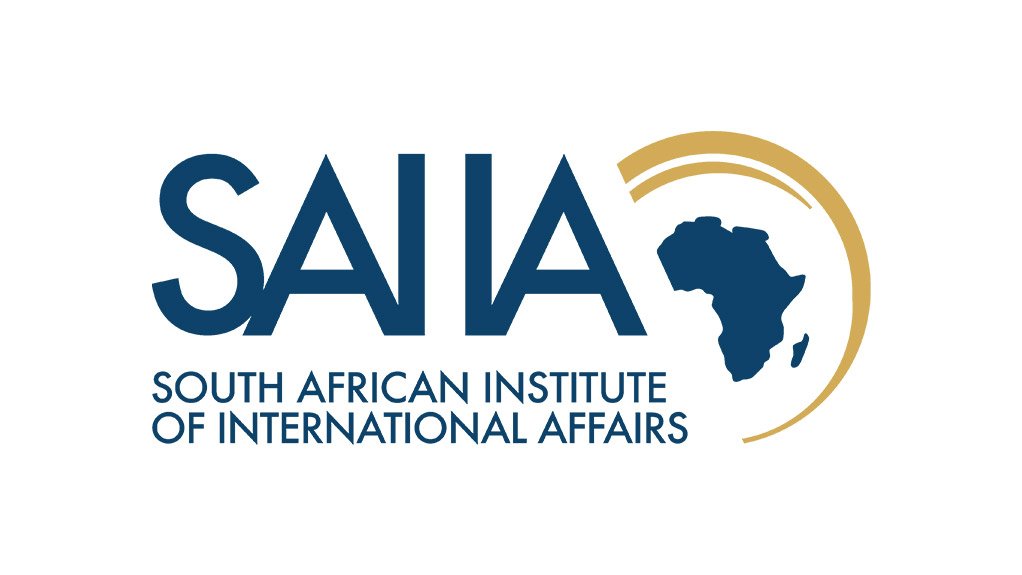In the wake of the North Korean missile fired into Japanese airspace – on the United Nation’s commemorative “International Day Against Nuclear Tests” on the 29 August - an emergency UN Security Council meeting has been called over the escalation of tensions in the Korean Peninsula.
Repeated missile testing by North Korea, this year and reports indicating that it has weapons with the capacity to reach parts of the United States, mean that the threat is becoming more imminent.
While South Africa appears far-removed from the immediate fallout of a possible nuclear war in the Korean Peninsula, it will not be immune from the ensuing global fallout. As a country deeply integrated into the international community, one that takes a strong stance against nuclear weapons, South Africa ought to play a more pro-active role in addressing this escalating crisis.
A Deadly Cocktail
Although estimates suggest that North Korea has at most 20 of the world’s 14 935 known nuclear weapons, it is currently the most threatening nuclear power. Several factors contribute – the Kim dynasty’s isolation from world affairs, make their motives largely unknown; the perceived threat it feels under and lack of trust in the international community, make North Korea unpredictable; and the presence of three other nuclear powers (China, Russia and the United States) with interests in the peninsula, make the situation volatile. Topping off this deadly cocktail is the potential for triggering a global crisis.
There are no winners in this scenario, and it is clear that there is no military solution to the Korean Peninsula crisis. Does this necessitate a reversion to the negotiating table? And can South Africa play a key role?
The never-ending war
The Korean crisis has been a remnant of the Cold War whose genesis is to be found in the Second World War. On 9 August 1945, the Soviet Union declared war on Japan and invaded Korea (under Japanese colonial rule) north of the 38th parallel. On 25 June 1950, North Korean forces with support from the Soviet Union (and China) invaded the South, attempting to reunify the peninsula under its leadership. When the UN Security Council authorised military intervention in Korea on 27 June, it introduced UN Forces (90% of whom were American) into the fray, including 800 South African troops.
An armistice, signed between all parties on 27 July 1953 resulted in a ceasefire, but there is still no peace treaty ending the war. This is crucial for explaining Pyongyang’s threatening behaviour because it still believes that a resurgence of the war is imminent.
Contemporary geo-politics
Today, the Korean Peninsula provides the space for different kinds of power competition. China and Russia are nuclear powers, former Cold War adversaries of the US and current economic competitors, jockeying for global prestige beyond their borders. Russia’s contemporary role appears to be driven by the close involvement of the US and China, with it wanting to maintain a foothold on this strategically important region.
China is playing a disruptive role towards American global influence. As a key ally and trading partner with North Korea, it can elevate its global status and bolster its expansionist ambitions in the South China Sea. Geographic proximity to the missile testing in North Korea threatens Japanese security.
Japan and South Korea are strong US allies and lynchpin economies in the capitalist global order, which would profoundly affected by the escalating crisis. This necessitates an active US presence. Threats by President Trump to unleash ‘fire and fury’ indicate that it is increasingly playing a provocative role however.
Would SA be ‘speaking out of turn’?
Could an emerging middle power like South Africa play a constructive role? Several elements of the country’s foreign policy and history suggest it might:
- As the first country to voluntarily disarm its nuclear weapons, South Africa has been a strong advocate of the Nuclear Non-Proliferation Treaty (NPT). The government has issued several statements condemning North Korea’s nuclear weapons testing and has also made clear its position. The government has expressed that while it respects the right of all countries to use nuclear technology for peaceful means, it has repeatedly called for the permanent and full dismantlement of all nuclear weapons on the peninsula.
- The country places a premium on negotiated settlement of disputes, stemming from its own transition from apartheid in the 1990s. South Africa has experience in mediating disputes in countries further afield from its immediate locus of power: Israel-Palestine, Libya (over the Lockerbie issue) and Northern Ireland. It has expressed support for the resumption of the Six-Party Talks (a South Korean multi-party negotiation initiative), and could play a role in resuscitating this.
- ‘Solidarity politics’ occupies pride of place in South Africa’s foreign policy, and the ruling party’s closeness to historic supporters of its liberation movement (including North Korea) may be a convenient foothold. North Korea also likes to remind the government of its solidarity with Africa. On 2 May 2017, the Embassy in South Africa issued a bulletin entitled ‘Immortal Contributions to the African Countries’ Struggle for National Liberation and Building a New Society’ which highlights Kim Il Sung’s support for liberation in Algeria, Mozambique and Zimbabwe.
Written by Aditi Lalbahadur, the Programme Manager of the Foreign Policy Programme. This article was first published with Daily Maverick.
EMAIL THIS ARTICLE SAVE THIS ARTICLE ARTICLE ENQUIRY
To subscribe email subscriptions@creamermedia.co.za or click here
To advertise email advertising@creamermedia.co.za or click here











